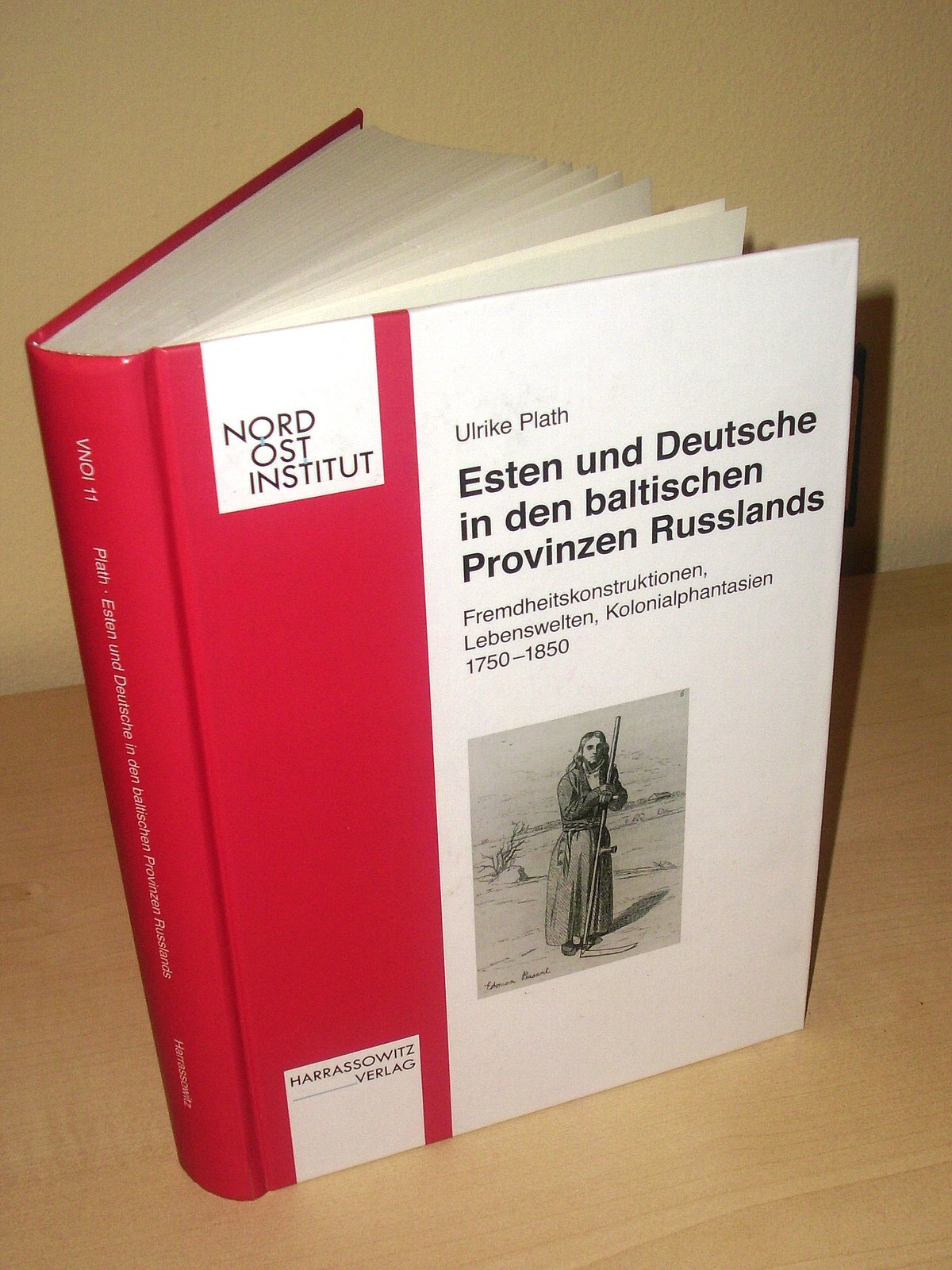
The seminar also presented Ulrike Plath’s monograph „Esten und Deutsche. Fremdheitskonstruktionen, Lebenswelten, Kolonialphantasien 1750-1850” [Estonians and Germans: foreign constructs, the world of life and colonial fantasies 1750-1850], published this September by the German publishing house Harrasowitz. The research, which aims to investigate the complicated ethnic and political phenomena of the Baltic Region in the new historical and methodological perspectives, will attract not only Estonian, but also Latvian researchers, who are interested in the studies of the Baltics as the shared cultural space. An offspring of the Baltic German repatriates from Riga and the head of the German branch of „German-Latvian Association” in the 1990s, Ulrike Plath in her academic work touches upon the issues that are relevant in the research of Latvian multicultural historical roots, but at the same time these issues are also closely linked to the discussions about the diverse identity forms of the 21st century.
Ulrike Plath emphasized that a disassociated coexistence of various ethnic groups with its changing game of assimilation and isolation makes the Baltic history studies not only a complex zone of transfer and synthesis, but also a cultural and political bridge between the superpowers. In other words – it serves as a special foreignness and identity model within the European multiethnic space. However, as pointed out by the guest lecturer, despite a constant emphasis on this peculiarity of the Baltics, there is still an obvious lack of studies on their specific role within the Baltic Sea Region Countries. In this context, it is essential to foster a closer cooperation among research institutions of various countries. Much attention was devoted to one of the good practice examples, such as the international project coordinated by the Estonian Academy of Sciences „The History of Baltic Written Culture”, which aims at embracing the literary history of the Baltics as part of the shared multilingual space and is realised in cooperation with the UL Institute of Literature, Folklore and Art.
Being a leading researcher in the Under and Tuglas Literature Centre at the Estonian Academy of Sciences, Tallin, Ulrike Plath has contributed to culture and anthropology studies, as well as specified the problems of Baltic Germans history within Estonian literary studies. Today, her academic activities include also interdisciplinary projects on the interaction between ecology, environment, literature and culture in the Baltic region. The recent studies by Ulrike Plath on the history of horticulture and food culture of the Baltics aim at finding ways to facilitate the comparative studies of the Baltic culture on the border between historical anthropology and literary studies, by combining the research in cultural transfer, poetics of everyday life and post-colonial contexts. These challenges are also topical when thinking about the future of Latvian literary, folklore, and art studies, and Latvia’s opportunities to join the European Ideas Network. Thus, the seminar not only gave impetus to further cooperation, but also outlined new issues for reflection on the topical discussions on humanities.
The seminar welcomes experts from various branches to join discussions at the monthly sessions through the academic year 2011/2012.
Further information and latest news can be found on the portal of the UL Institute of Literature, Folklore and Art.
Translated by students of the professional study programme Translator of the University of Latvia.

 LU konference
LU konference